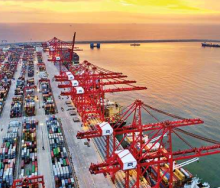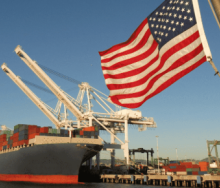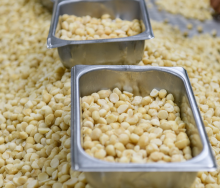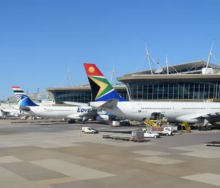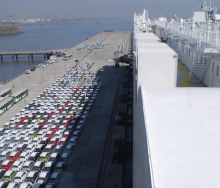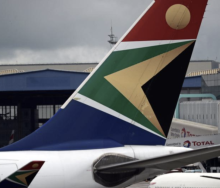The UN’s Food and Agriculture Organisation (FAO) has announced a $400 000 initiative to pass agro-ecological skills on to people living in member states of the Community of Portuguese Language Countries (CPLC), most of which are in Africa.
The announcement was made by FAO director general José Graziano speaking at a “Relevant Territories for a Sustainable World” event in Monsanto, Portugal, that was mainly centred on establishing a training facility in S![]() o Tomé and Principe.
o Tomé and Principe.
The facility will aim to engineer “knowledge exchange and capacity building for technicians, farmers, field school instructors and family farmers, with a special focus on increasing their participation in agro-ecology and family farming laws”.
Other CPLC countries that stand to benefit from the perma-cultural initiative to promote sustainable agricultural practices, apart from the West African islands of S![]() o Tomé and Principe, include Angola, Guinea-Bissau, Portugal, Mozambique and Equatorial Guinea.
o Tomé and Principe, include Angola, Guinea-Bissau, Portugal, Mozambique and Equatorial Guinea.
Brazil and Timor-Leste are the only non-African CPLC countries that will also draw benefit from the programme.
Graziano said that with all the talk around technological change and how it could affect food supply in the future, it was important to remember that tech alone would not help feed the world. It is in the practical application of new innovative means that food insecurity can be addressed in sustainable ways.


